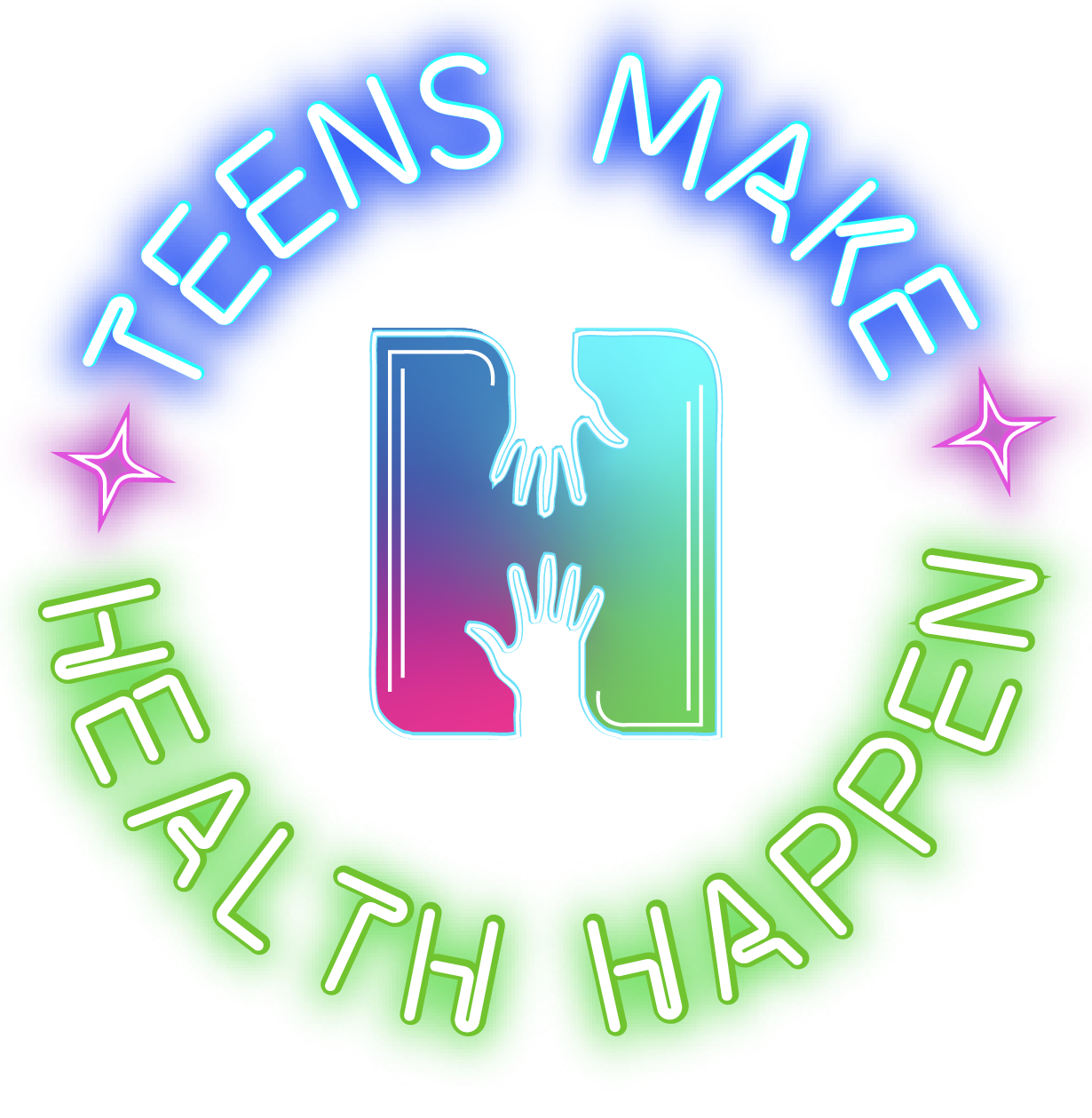In the wake of the recent shootings, it can be difficult to navigate and process your feelings. We have compiled this list of resources to help.
- Mental Health Hotlines: Below are some national mental health hotlines and texting services. Many states and cities also operate their own mental health hotlines.
- National Alliance on Mental Illness (NAMI) HelpLine: During this difficult time, the NAMI HelpLine is here for you. HelpLine volunteers are working to answer questions, offer support and provide practical next steps. The resources on their page provide information to address many needs and concerns. Call 1-800-950-6264, text NAMI to 741-741, chat online, or email at helpline@nami.org for support.
- Crisis Text Line: Crisis Text Line serves anyone, in any type of crisis, providing access to free, 24/7 support via texting. If you are looking for support, text HOME to 741-741.
- 211: If you are looking for long-term mental health resources but don’t know where to start, call 211. They can help you find local resources in your area that are best suited for your needs.
- NYC Well: NYC Well is here to listen and help with problems like stress, depression, and anxiety for you or someone you care about. To reach a counselor, text “WELL” to 65173, call 1-888-NYC-WELL or chat online.
- SAMHSA’s National Helpline: free, confidential, 24/7, 365-day-a-year treatment referral and information service (in English and Spanish) for individuals and families facing mental and/or substance use disorders. Call 1-800-662-4357 or send your zip code via text message to 435748.
- TMHH Resources:
- American Psychological Association
- Coping with Grief after a Disaster or Traumatic Event (SAMHSA)
- National Mass Violence Victimization Resource Center (NMVVRC)
- Timeline of Activities to Promote Mental Health Recovery: Recommendations Before, During, and Following a Mass Violence Incident
- Unexpected Challenges for Communities In the Aftermath of a Mass Violence Incident
- Transcend NMVC: This app was developed by NMVVRC for survivors, their families, and anyone who would like to support those affected by mass violence.
- Self-Help: Begin your own healing process or to provide help to someone close to you.
- Rebuild your Community
- For Teens: Coping after Mass Violence: Available in English and Spanish (The National Child Traumatic Stress Network)
Tips to keep in mind:
- Try to keep your routine as normal as possible. The predictability of routine will provide security.
- Limit your exposure to TV and the news. It may seem hard to pull yourself away, but make sure to take a break from the news cycle for your mental health. Overexposure will only increase your stress.
- Take care of yourself. Do something you love like a hobby or a sport. Be sure to also get rest, eat a well-balanced meal, and engage in healthy behaviors.
- Connect with your friends and family.
- Share your fears and concerns with someone you trust, like a friend, family, school counselor, or teacher.
- Utilize therapy or the crisis hotlines if you are struggling to process what has happened.
- Look out for your friends and classmates. If any of them seem especially anxious, fearful, angry, or withdrawn, reach out to them or connect them to mental health resources.
- Keep in mind the 5K’s of Being Okay (Dr. Kay Streeter): (1) keep talking, (2) keep thanking, (3) keep planning, (4) keep forgiving, and (5) keep thanking.
Providing support: Looking for ways to get involved? Check out this list below!
- Join your TMHH Club: Join your TMHH chapter to work on projects that provide support to your community
- Get trained in Mental Health First Aid. This is a course that teaches you how to identify, understand and respond to signs of mental illnesses and substance use disorders. The training gives you the skills you need to reach out and provide initial help and support to someone who may be developing a mental health or substance use problem or experiencing a crisis.
- Supporting Robb Elementary and the Uvalde community
- Uvalde Strong Fund: An emergency relief fund to support area nonprofits that will provide long-term assistance, including mental health services, in the Uvalde community.
- Uvalde Strong Survivors Fund: Uvalde Strong Survivors Fund will provide direct financial assistance to the survivors of the deceased and those directly affected by this tragedy.
- Robb School Memorial Fund: To assist the families and community affected by this tragedy.
- GoFundMe: Verified fundraisers for victims and survivors of the shooting.
- To volunteer time or service, call 888-690-0799.
If you have any additional resources you would like included here, please email us at TMHH@healthcorps.org. This page was last updated June 13, 2022.
